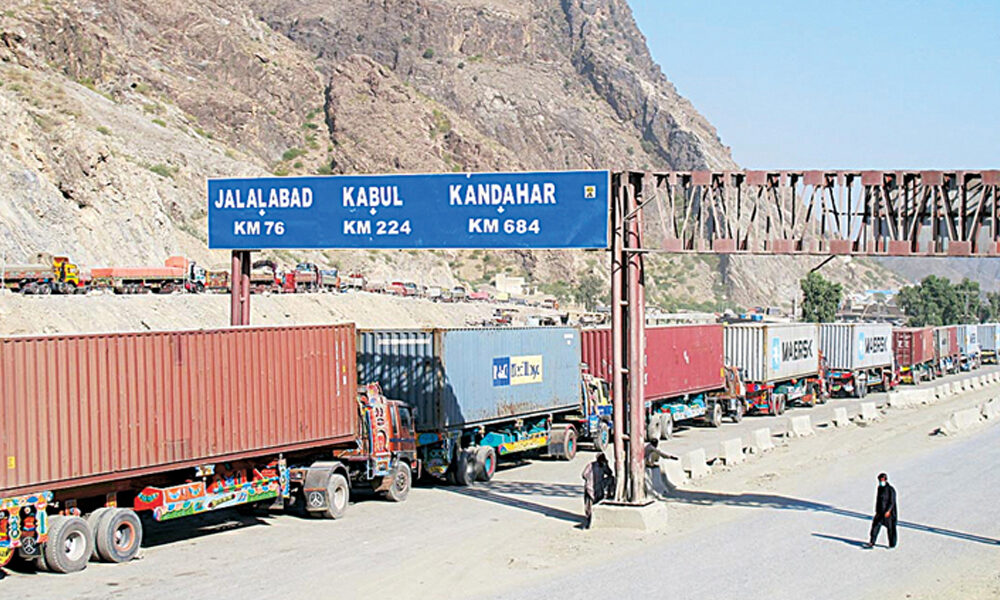Business
Senior Afghan, Pakistani officials to meet at Torkham

Senior officials from Afghanistan and Pakistan will meet at Torkham border crossing on Monday to discuss issues related to trade and movement of people.
Afghanistan’s delegation in the meeting will be led by Acting Minister of Industry and Commerce Nooruddin Azizi, while Pakistan’s will be headed by Adviser to the Prime Minister on Commerce and Investment Abdul Razak Dawood. The Pakistani delegation will also include National Security Advisor Moeed Yousuf.
The officials will discuss various important matters related to smooth movement of people and patients across the border, issuance of temporary admission documents, increase in timings of border crossing points, establishment of joint border infrastructure, training of Afghan nominees for trade related capacity building courses and smooth crossing of humanitarian assistance to Afghanistan, Pakistani media reported.
Officials will also discuss the time frame for reinitiating the stalled Torkham-Jalalabad road project and the start of a luxury bus service between Peshawar-Jalalabad and Quetta-Kandahar, according to Dawn news.
The Peshawar-Jalalabad motorway concept was given the go-ahead in 2016. However, there has been no progress on the 281-km road project.
Meanwhile, Pakistan-Afghanistan Joint Chamber of Commerce and Industry (PAJCCI) in a report on Saturday expressed concerns over the “shrinking” trade volume from $2.5 billion to $1 billion between the two countries.
“Lack of business-friendly policies, absence of proper barter trade mechanisms, ineffective investment and joint venture policies apart from unnecessary pressure and action by the FIA (Federal Investigation Agency) and FBR (Federal Board of Revenue) are the main factors that reduced the trade volume,” the report said.
It stated that in the absence of an operational banking structure in Afghanistan, banks refused to process third-party payments which hindered international transactions.
Moreover, imposition of duties, fiscal reforms, double taxation, and unilateral imposition of duties and taxes by either government also affected the trade, according to the report.
“The trade volume decreased due to the unregulated movement of goods, the need for unnecessary documents, difficult security checks, and poor transit facilities in both countries,” the report stated.
